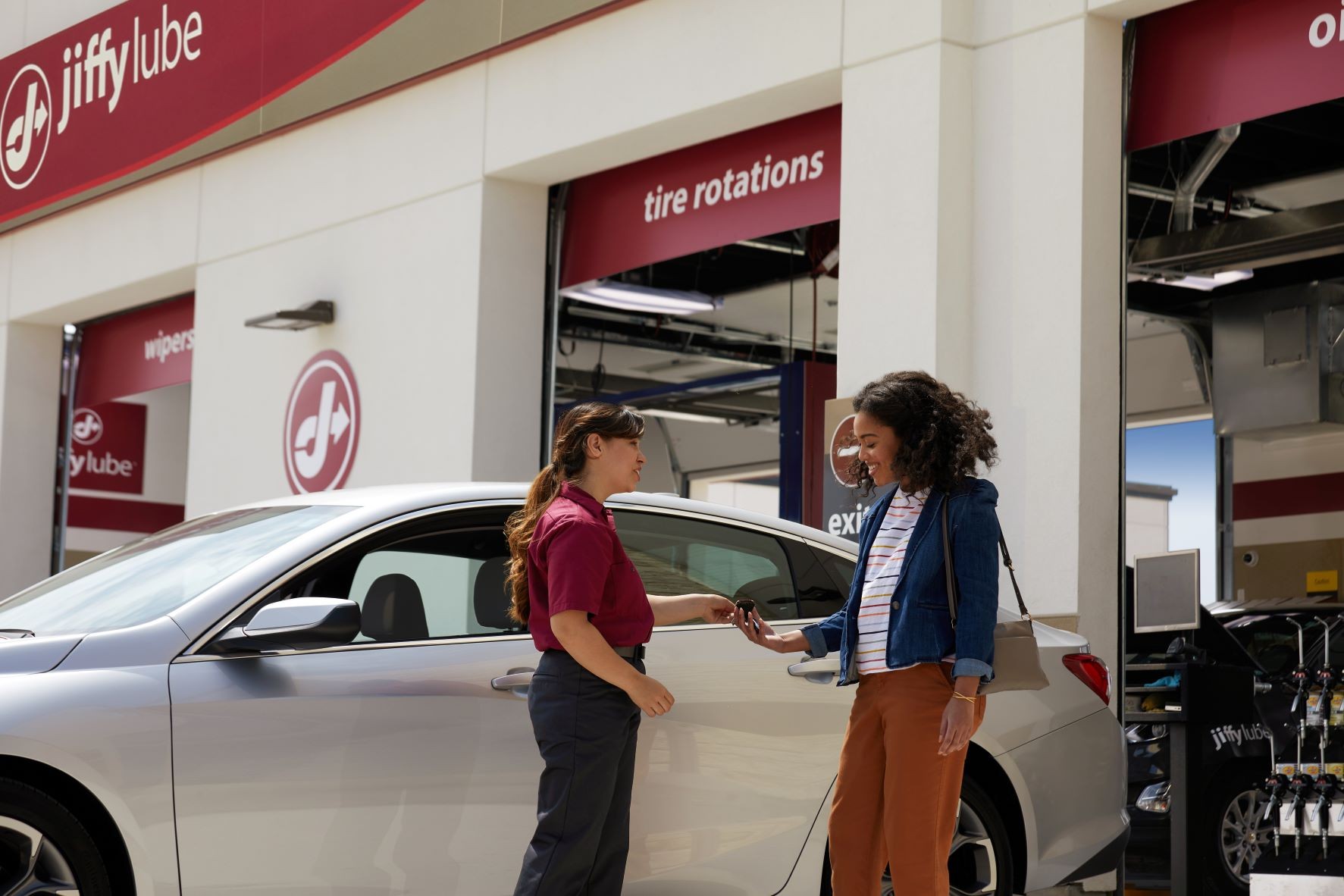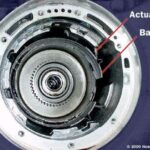We all share that familiar sentiment: technology can sometimes feel overwhelming and overly complex. However, when it comes to vehicles, computerized car diagnostics are a welcome exception, genuinely simplifying car maintenance. Modern vehicles are equipped with sophisticated diagnostic systems, a feature that greatly benefits drivers. A Diagnostic Car test is a digital method to identify vehicle issues early, often before they escalate into costly, time-consuming, or even dangerous problems.
Understanding How a Diagnostic Car Test Works
A diagnostic car test provides a comprehensive digital analysis of your vehicle’s intricate computer systems and various components. The process unfolds as follows:
- Specialized software activates the moment you start your car.
- This software diligently monitors critical systems, including the engine, transmission, brakes, and more.
- The system generates detailed data reports based on this monitoring.
- An analysis of these reports pinpoints any areas of concern or malfunctions within your vehicle.
While it’s technically possible to perform a diagnostic car test at home, it requires specific knowledge and equipment. Your vehicle’s owner’s manual will contain specific instructions if you wish to attempt a DIY diagnostic approach.
Professional Diagnostic Car Services: Simplifying Complexity
For most vehicle owners, entrusting diagnostic car services to trained professionals is the most straightforward approach. When the Malfunction Indicator Light (MIL), commonly known as the check engine light, illuminates, it signals that your vehicle’s onboard diagnostics have detected an issue. Professional diagnostic car testing, often referred to as engine diagnostic testing when focused on engine-related problems, begins with a skilled technician using a diagnostic scanner. This scanner reads the Diagnostic Trouble Code (DTC) that triggered the warning light.
The DTC data is then meticulously analyzed. This analysis is crucial for technicians to efficiently and accurately pinpoint performance issues. For example, if the diagnostic data indicates a problem within the ignition system, the technician will prioritize inspecting the ignition system components.
Modern vehicle computer systems possess remarkable memory capabilities. They record intermittent issues that may have occurred briefly and then resolved themselves. Reviewing this historical data is invaluable. It allows technicians to identify patterns and recurring irregularities that might be essential in isolating the root cause of a problem during a diagnostic car test.
Once the diagnostic car test identifies any issues, the technician will recommend necessary repairs. These might range from simple cleaning procedures to replacing faulty parts. Crucially, before any repair work commences, a reputable service provider will always present you with a detailed written estimate and address any questions you may have, ensuring transparency and understanding throughout the process.
Frequency of Diagnostic Car Tests: When is it Needed?
There isn’t a fixed schedule for diagnostic car tests, unlike routine maintenance tasks like tire rotations. A diagnostic car test isn’t a regularly scheduled service; instead, it’s a valuable tool employed in specific situations:
- Primarily, a diagnostic car test is performed when a warning light illuminates on your dashboard, signaling a potential issue detected by the vehicle’s onboard systems.
- It can also be included as part of a comprehensive vehicle maintenance check, especially when preparing for long journeys or as part of pre-purchase inspections for used vehicles.
Generally, it’s advisable to consider a diagnostic car service in the following circumstances:
- Adhere to the vehicle manufacturer’s recommendations outlined in your owner’s manual regarding diagnostic checks.
- Immediately when any dashboard warning lights, especially the check engine light, come on.
- Whenever you experience noticeable drivability issues that affect the vehicle’s performance or handling.
Drivability Issues Warranting a Diagnostic Car Test
Various drivability issues can indicate underlying problems that a diagnostic car test can help identify. These issues include, but are not limited to:
- Rough idling: An unsteady or shaky engine idle when the vehicle is stopped.
- Stalling: The engine unexpectedly shutting off while driving or idling.
- Hesitation: A noticeable delay or stumble in acceleration when you press the gas pedal.
- Unusual noises: Knocking, clicking, or whining sounds emanating from the engine or other vehicle components.
- Reduced fuel efficiency: A sudden and unexplained decrease in your car’s gas mileage.
- Transmission problems: Rough shifting, slipping gears, or unusual noises from the transmission.
- Brake issues: Squealing brakes, longer stopping distances, or the ABS warning light illuminating.
Addressing these issues promptly is crucial for maintaining your vehicle’s performance and ensuring your safety on the road. A timely diagnostic car test can pinpoint the problem early, preventing further damage and more costly repairs down the line.
Understanding the Cost of a Diagnostic Car Test
The initial cost of a diagnostic car test is generally consistent across different vehicle makes and models. Basic diagnostic scans, particularly those that don’t reveal significant problems, are typically affordable. Some auto parts stores might even offer a complimentary DTC scan as a customer service (it’s always wise to confirm this beforehand).
However, it’s important to understand that the initial scan is just the first step. If the initial diagnostic car test reveals underlying issues requiring more in-depth investigation, or if repairs are recommended, the overall cost can increase. More complex diagnostic procedures and subsequent repairs will naturally contribute to a higher total cost.
Important Note: Always carefully review the service agreement before authorizing a diagnostic car test. Some service providers might advertise “free diagnostic services,” but hidden fees could be embedded within the fine print of the agreement. Thoroughly reading the service agreement ensures you are fully aware of all potential costs and details before committing to any services.
Why Choose Professional Diagnostic Car Services?
When your vehicle requires attention, especially for something as intricate as a diagnostic car test, you want the job done correctly. Whether it’s a sophisticated diagnostic procedure or a simpler service like wiper blade replacement, choosing a reputable service provider ensures professionalism and expertise. Qualified technicians utilize quality parts and follow manufacturer recommendations, giving you peace of mind that your vehicle is in capable hands.
 Woman in blue shirt talking with a Jiffy Lube technician in uniform about the results of her car diagnostic test displayed on a handheld device
Woman in blue shirt talking with a Jiffy Lube technician in uniform about the results of her car diagnostic test displayed on a handheld device
Further Reading on Car Diagnostics and Maintenance
To delve deeper into engine diagnostic testing services, you can explore resources like Jiffy Lube Engine Diagnostic Testing Services. Just as engine diagnostics are crucial for preventing costly repairs, regular brake inspections are equally important for safety. Learn more about brake inspections at Jiffy Lube Brake Inspection Service. For a wealth of automotive information and tips, visit the Jiffy Lube Resource Center for regularly updated content.
Disclaimer: Service availability may vary by location. Please verify service offerings with your local service center or on the service provider’s website.

![USB Types and Speeds [An Overall Introduction with Pictures]](https://keyfobprog.com/wp-content/uploads/2025/03/usb-speeds-thumbnail-150x150.jpg)